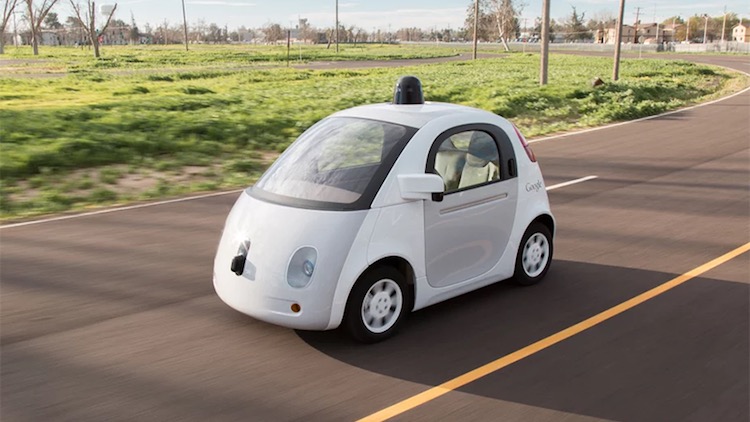House Energy & Commerce Committee Turns Key on Autonomous Vehicles

The smarter way to stay on top of broadcasting and cable industry. Sign up below
You are now subscribed
Your newsletter sign-up was successful
After what one legislator called months of work and weeks of intense negotiations, the House Energy & Commerce Committee has approved unanimously (54-0) a self-driving car bill, the Designating Each Car's Automation Level (DECAL) Act (H.R. 3388), that helps turn the legislative key on what would be a sea change in transportation and a challenge for cybersecurity.
The bill streamlines the testing and deployment of autonomous vehicles in the U.S., said backer Rep. Bob Latta (R-Ohio).
Rep. Frank Pallone (D-N.J.), ranking member of the committee, said the bill was not perfect, and he would have preferred no federal preemption of state autonomous vehicle safety regs, but said they had been able to narrow the preemption. He also pointed out the bill requires cybersecurity practices be in place before a car is sold.
Chairman Greg Walden (R-Ore.) said the bipartisan bill was an example of the committee "at its best—working together to pursue the common goal of saving lives."
Pallone said there was still much work to be done, including how the bill's provisions would be implemented, but said he was committed to the bill so long as safety is the top priority, which Walden has said it must be.
Latta said the committee had some 250 meetings with stakeholders to get to the point of being able to approve the bill and echoed the mantra that the priority would be safety, "first, last and always," he added.
He said that since the draft of the bill was marked up last week, there have been added provisions, including on cybersecurity protection.
The smarter way to stay on top of broadcasting and cable industry. Sign up below
Rep. Anna Eshoo (D-Calif.) called it a historic markup. She had called for a bipartisan bill back when the legislation was introduced in subcommittee, so she was pleased and said the bill was a significant improvement over the original draft.
Preemption remained a big sticking point for some.
“Pre-empting the states’ ability to fill the gap left by federal inaction on safety standards leaves us at the mercy of manufacturers as they use our public highways as their private laboratories however they wish with no safety protections at all,” said John Simpson, privacy project director for Consumer Watchdog.
The group wants mandatory privacy, security, safety, and even ethical standards for AVs.
Contributing editor John Eggerton has been an editor and/or writer on media regulation, legislation and policy for over four decades, including covering the FCC, FTC, Congress, the major media trade associations, and the federal courts. In addition to Multichannel News and Broadcasting + Cable, his work has appeared in Radio World, TV Technology, TV Fax, This Week in Consumer Electronics, Variety and the Encyclopedia Britannica.

